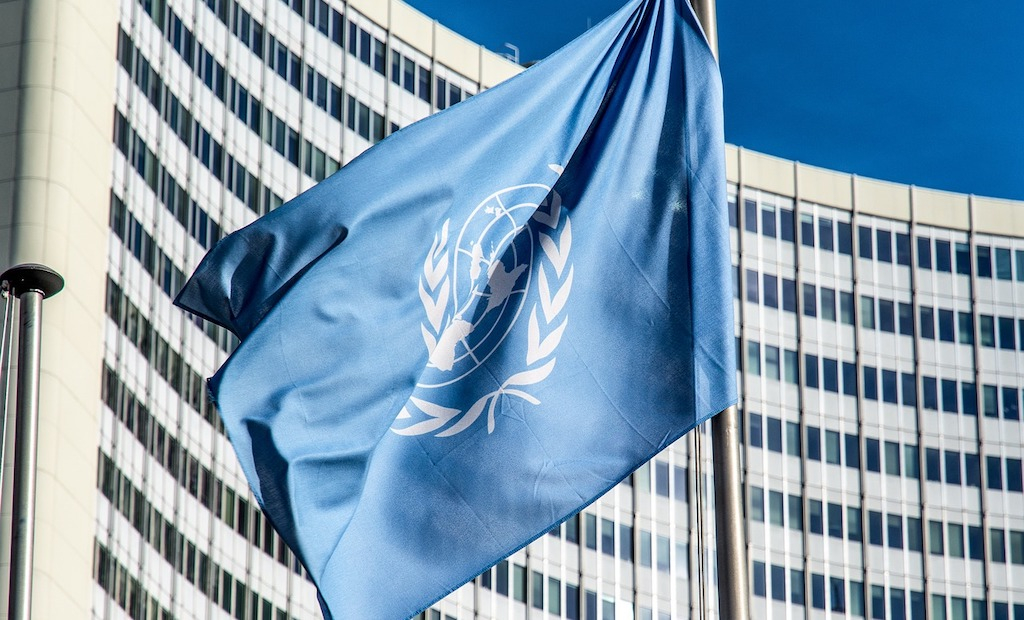US and Russia remain divided over Syria

Friday’s talks in Russia have cast a shadow over today’s, about the Syrian crisis at the UN headquarters, Palais des Nations, in Geneva.
US Secretary of State Hillary Clinton and her Russian counterpart Sergei Lavrov failed to reach a consensus yesterday, ahead of today’s negotiations.
At the heart of the deadlock is the Russian statement that Syrians alone should be the masters of their fate and avoid an internationally imposed solution. Moreover, the US strongly disagrees about Assad remaining in power at the top of the transitional government.
The lack of agreement between these two major powers on the terms of a transitional government for Syria would also fail in giving a strong signal to Iran, Syria’s main ally, complicating the US attempt to prevent Iran from obtaining nuclear weapons.
Foreign ministers from the five veto-wielding members of the UN Security Council – Britain, China, France, Russia and the US – arrived today in Geneva, where talks regarding the Syrian crisis are ongoing. UN-Arab League envoy, Kofi Annan, also invited Turkey, the EU, Iraq, Kuwait, and Qatar for this specific “Action Group on Syria”. There is a lot of concern about Russia and China, who have already used their council veto to shield Syria from UN sanctions.
The United Nations’ worry is over the lack of cohesion among the five veto-wielding members and above all, about the recurring massacres of Syrian civilians since last April’s ceasefire deal. During the past two months, growing numbers of Syrian people have been targeted because of their religion, and the increased militarisation of both sides in the conflict risks turning it into a civil war before Western countries have the chance to react.
The diplomatic efforts on Syria have no chance of succeeding without Moscow’s involvement. Russia’s role is paramount because it is the only Western country with a real influence in Damascus. It supplies Syria with weapons and support and in the meantime can counterweight Western pressure at UN Security Council with its veto.
The Russian Foreign Minister said yesterday that he believed that all sides would finally find common grounds in Geneva but recent talks between the two major powers showed that, unless Russia changes its mind about pressing President Assad to leave the power, an agreement on a transitional government appears elusive.
Annalisa Ratti
























Facebook
Twitter
Instagram
YouTube
RSS